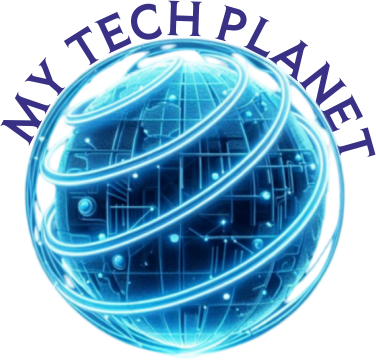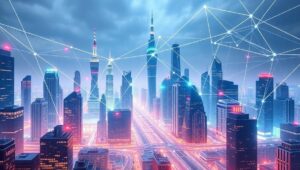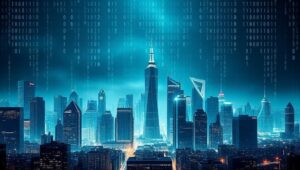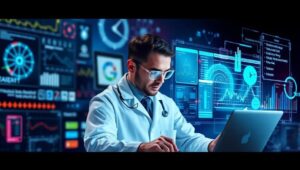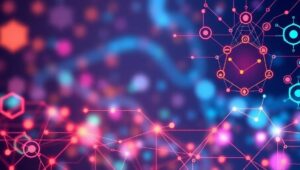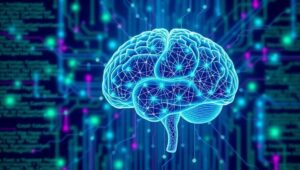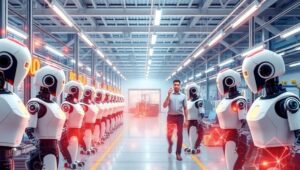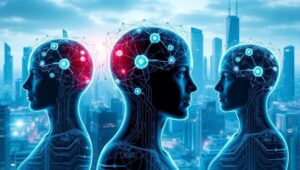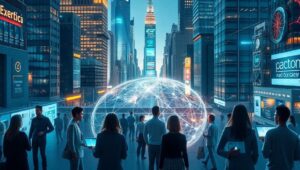June 3, 2025
The End of Physical Gadgets? Software and Implants Instead (2040?)
The End of Physical Gadgets? Software and Implants Instead (2040?) Imagine a world without smartphones, smartwatches, or even laptops. Instead, technology seamlessly integrates with our bodies, enhancing our capabilities and connecting us to the digital world in ways we can only dream of today. This isn’t science fiction; it’s a potential future powered by advances in software and implantable technology. Let’s explore this fascinating possibility. The Rise of Software-Defined Living The shift from physical gadgets to software-driven experiences is already underway. Think about it: many of the functions of your smartphone are software-based. Navigation, communication, entertainment – all powered by
